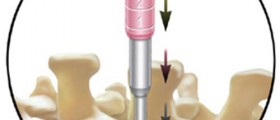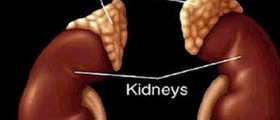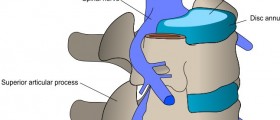
Prostatectomy as asurgery procedure
Prostatectomy is a surgery procedure that is suggested inthe treatment of patients with the problems of prostate gland, but only insituations when the medicines are not helpful and aren’t giving any positive resultsin the treatment. The doctor is the one who decides whether the patient is an adequatecandidate for such a procedure, or not, but this decision will depend onseveral other elements as well. Some of them are the exact size of theprostate, and how serious the symptoms are.
There are several types ofprostatectomy, but most commonly, are done open prostatectomy and radicalprostatectomy. Newer method is laparoscopic radical surgery, but theavailability of this kind of surgery is still limited. Open prostatectomy is themost invasive, and it is usually suggested in cases of very large prostate, becausein such cases it is the best possible option, though it may lead to significantcomplications. This procedure requires from a patient to be hospitalized for a fewdays, and the recovery lasts for a few weeks. It is necessary to remove the entireprostate, which is why the incision is done in the lower part of the abdomen,beneath the navel. Radical prostatectomy is usually done in cases of prostate cancer, and it includes the removal of thesurrounding tissue, besides the prostate gland. Since the surrounding tissueincludes seminal vesicles and pelvic lymph nodes, the incision has to be done eitherin the lower part of the abdomen, or in the perineum.
Complications of prostatectomy
Heavy bleeding during and even after the surgery is a complication which is very likely to be experienced, while the infections of urinary tract is not excluded either, especially in cases which require a bit longer use ofcatheter. It is possible that patients will have problems with urinary incontinencedue to the loss of bladder control, or that they will have problems withurination due to the narrowing of the urethra or neck of the bladder. Ejaculationwith little or no semen at all, and inability to maintain the erection arepossible complication which may affect sex life of a patient after thisprocedure. It is important to mention that most of these conditions and complicationsonly require time to improve on their own, and rarely an additional treatmentis necessary. In radical prostatectomy blood clots are also possibleand they can lead to the heart failure in some cases. If this procedure is donelaparoscopically, the risks of complications are significantly decreased.

















Your thoughts on this
Loading...